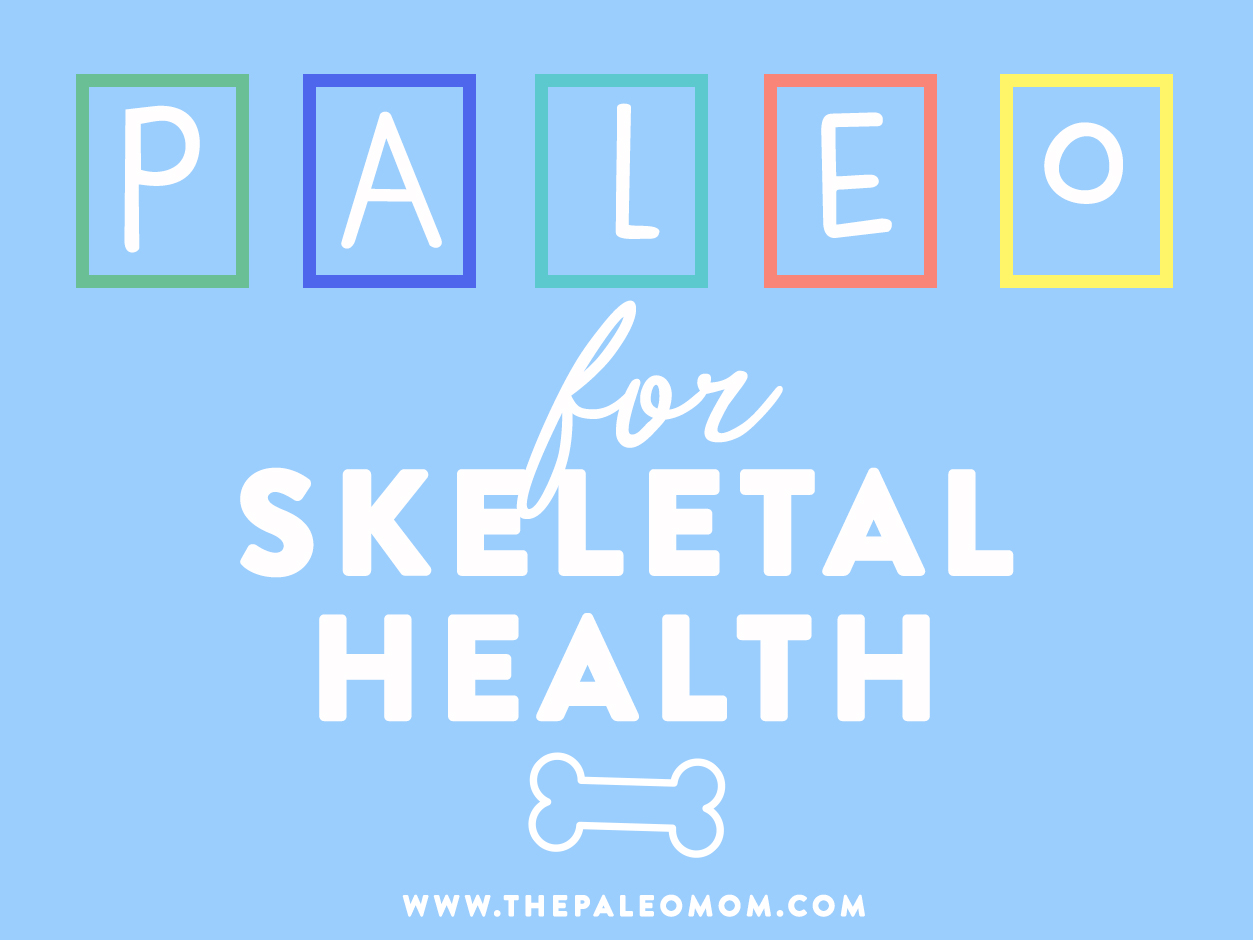Chris Kresser, an integrative medicine practitioner who graduated from the Acupuncture & Integrative Medicine College, Berkeley, believes that the Paleo diet can prevent osteoporosis because it provides alternative sources of calcium, vitamins, and minerals that are important for bone health.
How to Keep Your Bones Healthy on a Paleo Diet - Chris Kresser
By Laura Beth Schoenfeld, RD
Last updated on June 21, 2019
Contrary to what some nutritionists have claimed, a Paleo diet isn’t dangerous for your bones. Read on to learn how to keep your bones healthy and strong without dairy products, grains, or calcium supplements.
One of the most common concerns of those starting a Paleo diet is that the diet is low in calcium. In fact, this is one of the biggest complaints from conventional medical professionals and dietitians: that by excluding dairy and grains, that we won’t be able to get adequate nutrients like calcium and vitamin D, and thus our bone health will suffer.
The illogical nature of this concern should be obvious – there are many cultures around the world who do not consume dairy products and yet are able to maintain healthy, strong bones for the duration of their lifetime. (1a, 1b)
In this article, I’ll use the latest research, anthropological data, and even some common sense to help you design your diet and lifestyle to protect your bones and keep them strong as you age.
What Is Osteoporosis?
Before I talk about how to prevent osteoporosis and other bone disorders with diet and lifestyle, I’ll briefly explain the bone mineralization process in order to give some context to my recommendations.
Our bones are constantly under a process of breakdown and rebuilding called bone remodeling, and the process has various physiological functions.
As children’s bones grow, the remodeling process allows them to elongate and change shape to fit the needs of the adult body. When new forces and stresses are applied to a bone, remodeling is used to add new bone tissue where necessary and strengthen the bones to handle the new stresses.
Our bones are also our biggest storage organ for calcium, which is kept in a tight homeostatic range in our blood stream in order to provide appropriate calcium for important functions like nerve signaling, blood clotting, and muscle contractions. When our serum calcium drops, cells called osteoclasts break down the bone tissue to release calcium into the blood. When serum calcium is elevated, a healthy, well nourished body will use its osteoblasts to return that calcium to the bone reservoir.









